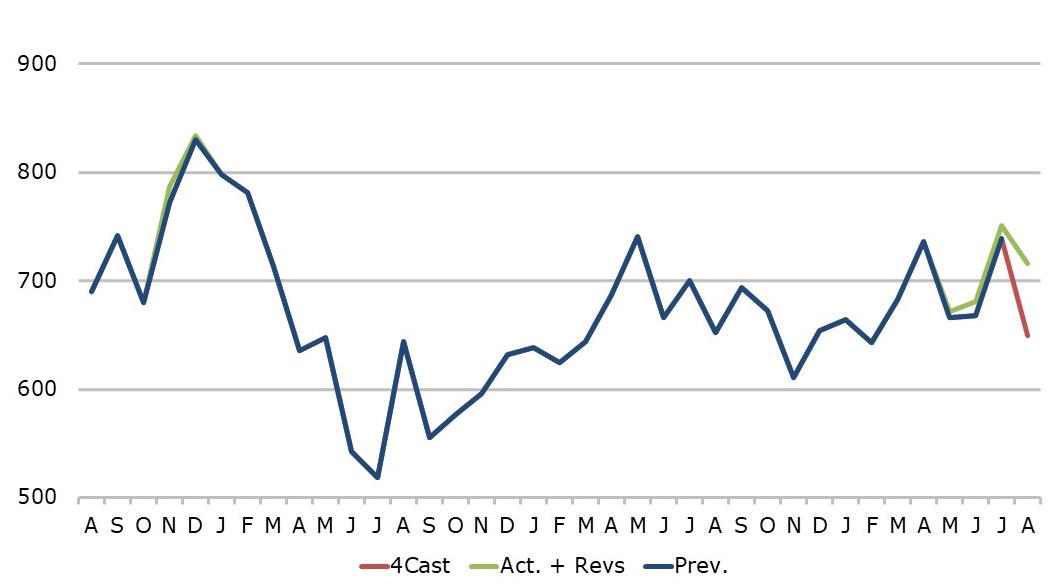The recent failure of a Chinese spy balloon’s mission to infiltrate the United States‘ air space marked a decisive win for the United States. The balloon, deployed by China, hovered across the United States for a week before being shot down.
According to Pentagon spokesman Brigadier General Pat Ryder, the balloon was unsuccessful in gathering any significant data during its unauthorized flight.
Countering China’s technological ambitions
This incident fits into a broader narrative of intensifying competition between the United States and China, especially in the high-tech sector.
The rivalry began in earnest during former President Donald Trump’s administration with a contentious trade war and has escalated under President Joe Biden.
The focus of this conflict has largely been on semiconductors, a critical component in the high-tech industry.
Back in October 2018, the Trump administration targeted Chinese chipmaker Fujian Jinhua Integrated Circuit, severing its ties with U.S. suppliers. The catalyst for this move was an indictment from the U.S. Justice Department accusing the firm of stealing trade secrets.
This case, initially a dispute between Micron Technology and the Chinese firm, quickly evolved into a wider trade conflict between the United States and China.
As we moved into 2020, Trump’s administration continued to exert pressure, implementing a campaign to prevent Dutch chip manufacturing technology from falling into Chinese hands.
This blockade led to Dutch firm ASML being unable to sell its most advanced lithography machine to a Chinese customer.
Chipping away at China’s tech industry
Furthermore, in May 2020, the Trump administration blocked global chipmakers from shipping semiconductors to Huawei Technologies, China’s tech giant.
This move drastically affected Huawei’s HiSilicon chip and smartphone divisions. By the end of 2020, China’s top chipmaker SMIC, along with dozens of other Chinese companies, were added to the U.S. trade blacklist.
The Biden administration continued these tactics into 2022. Top U.S. chip designers Nvidia and Advanced Micron Devices reported that U.S. officials had instructed them to stop exporting high-end computing chips for artificial intelligence work to China.
By October, the Biden administration had implemented a comprehensive set of export controls, including measures to prevent China from acquiring certain semiconductor chips produced globally using U.S. equipment.
In a fresh move to protect its technology, in December 2022, the U.S. added Chinese memory chipmaker YMTC, along with several other Chinese companies, to its trade blacklist.
The U.S. is not alone in its efforts to guard its tech industry from China. The Netherlands is planning to curb sales of specific ASML equipment to China’s chipmakers this summer. It is anticipated that the U.S. will follow suit, leveraging its influence to withhold even more Dutch equipment from Chinese fabrication plants.
Bottomline is the recent unsuccessful spy balloon incident underscores the prevailing tension between China and the U.S.
As each country endeavors to maintain dominance in the high-tech sector, such incidents serve as a stark reminder of the lengths nations will go to protect their interests.
It is clear that as the world becomes more interconnected through technology, nations are placing greater emphasis on securing their tech industries from foreign interference.





